
As Simon Cowell shares positive therapy experience, how can it help even if you aren’t in crisis?
X Factor boss Simon Cowell, 63, has shared that having discovered therapy in the past year, he feels as though “a weight has lifted off my shoulders”. The music mogul, who is behind The X Factor and Britain’s Got Talent, said he wished he had seen a therapist “10 or 20 years ago” in a recent interview with the Daily Mirror. He also shared that the deaths of his parents and the coronavirus pandemic had affected his mental health. Seeking therapy has been transformative for Cowell and it could do the same for you, whether you are in crisis, or just want to learn more about yourself. Cowell has said engaging in therapy had a “super positive effect” on his life and encouraged others to do the same, so here’s what you should know. There are different types of therapy Contrary to what many people may believe, counselling, where you sit and talk through events and reflect, is not the only form of therapy. “There are a whole host of different types of therapies available, from counselling, cognitive behavioural therapy, mindfulness-based cognitive therapy, acceptance and commitment therapy, interpersonal therapy, psychodynamic psychotherapy to eye movement desensitization and reprocessing,” explains psychologist and author of The Self-Care Revolution, Suzy Reading.Each one can have a different role in helping you get to know yourself better, handling trauma, feeling more grounded and coping more day-to-day. Therapy isn’t just for rock bottom Therapy doesn’t have to be a last resort. “When it comes to therapy, there are no hard and fast rules,” says Liz Ritchie, a St Andrew’s Healthcare psychotherapist. “Many people associate seeking help with crisis, but there is no reason why you cannot maintain regular sessions with your therapist. There is now a wealth of evidence that supports that therapy can also be a preventative form of mental healthcare, a little bit like going to a dentist or a doctor. “Life is busy and stressful, which means we don’t often have time to process cross words with a loved one, work altercations or issues with friends and family members.” You’ll understand yourself better You may think you understand yourself totally, but there are always new parts of ourselves to get to know. “Therapy helps us better understand ourselves, our relationships and the world, connecting us with how we feel, and why we might feel as we do. It is a journey of self-discovery, helping us appreciate our strengths and identify our values,” says Reading. It could give you an emotional toolkitIt can be helpful to have “an impartial sounding board to speak openly and honestly and the opportunity to be heard, validated and understood”, says Reading. “Therapy helps us challenge unhelpful thoughts, dispute self-limiting beliefs and can help us create new habits. Therapy is also about developing healthy ways to move through our emotions, creating a fresh toolkit of coping strategies and can be very practical in nature by helping us address specific challenges or goals.” But… it isn’t easy Unfortunately getting therapy is not always easy. If you do not have the financial freedom to be able to pay for a private therapist, you may be faced with long waiting lists and restrictive services. However, NHS therapy is an option and can be really helpful, so be sure to look into the options you can afford near you. Reading recommends checking out BPS and HCPC to find a qualified therapist. NHS resources can be accessed here. If you are seriously struggling with your mental health, and are at risk, please call 999 or the Samaritans on 116 123.
2023-08-31 20:54

China tells India to 'stay calm' in border map row
India is angry at a new Chinese map which it says lays claim to its territory in the Himalayas.
2023-08-31 19:51
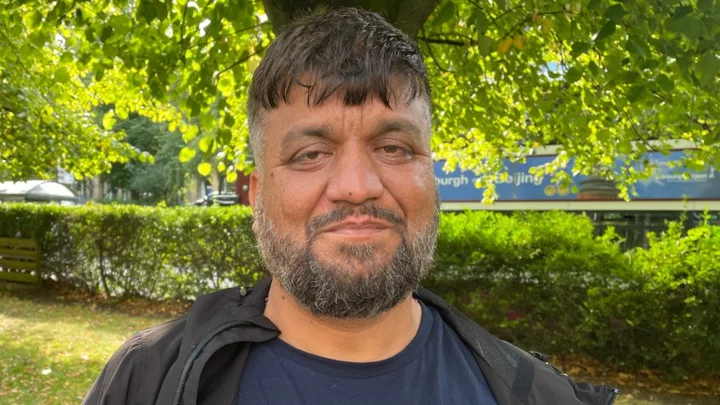
Fears for Afghans refugees on deadline to leave hotels
Thursday is the Home Office deadline for those who fled the Taliban takeover to leave temporary accommodation.
2023-08-31 19:16
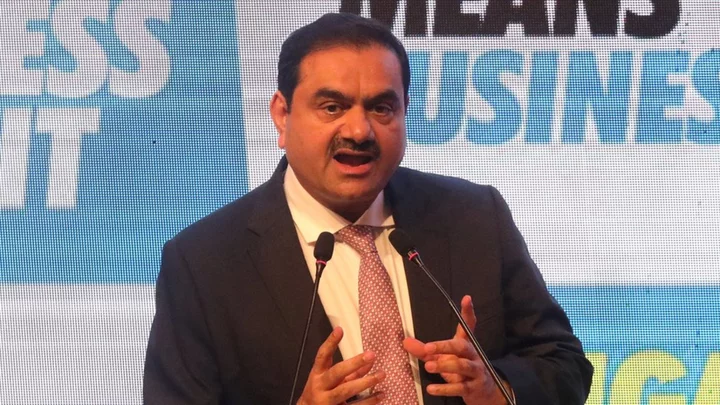
India's Adani Group stung by fresh controversy
A new report has alleged that the conglomerate used "opaque" funds in Mauritius to manipulate stock prices.
2023-08-31 18:20
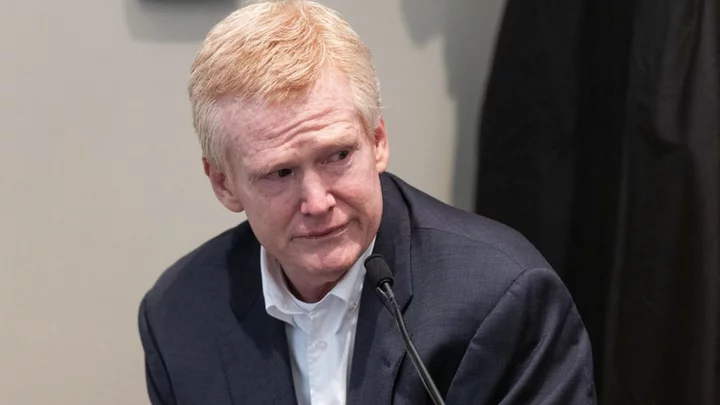
Alex Murdaugh loses phone privileges in prison after media call
The disgraced lawyer and convicted murderer provided audio for an upcoming documentary, officials say.
2023-08-31 18:19
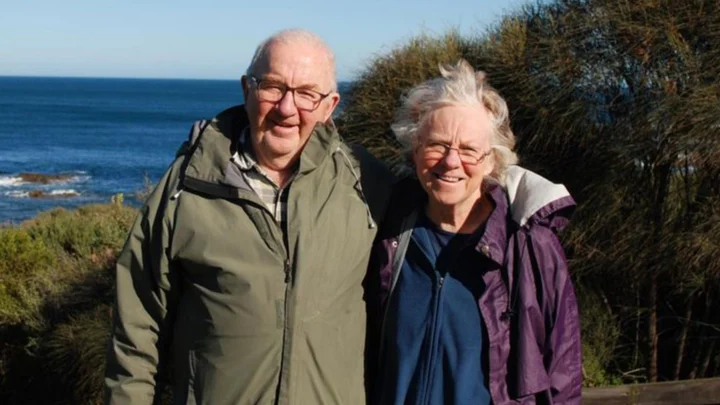
Australia mushroom deaths: Memorial for couple draws hundreds
Don and Gail Patterson died days after a beef Wellington lunch cooked by their former daughter-in-law.
2023-08-31 17:59
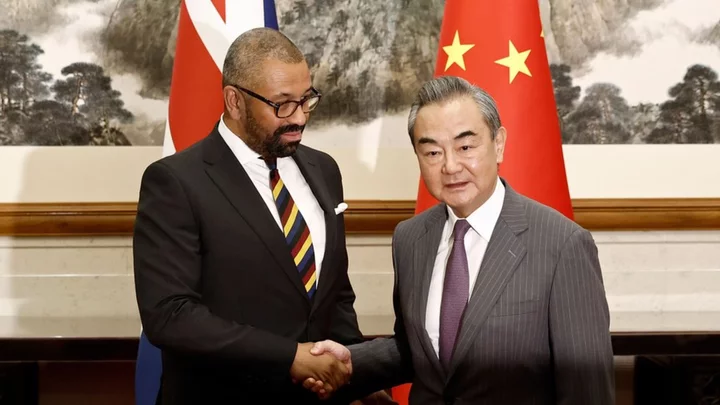
Why the UK is talking to China
Foreign Secretary James Cleverly has been criticised for visiting China. This is why he went.
2023-08-31 17:57
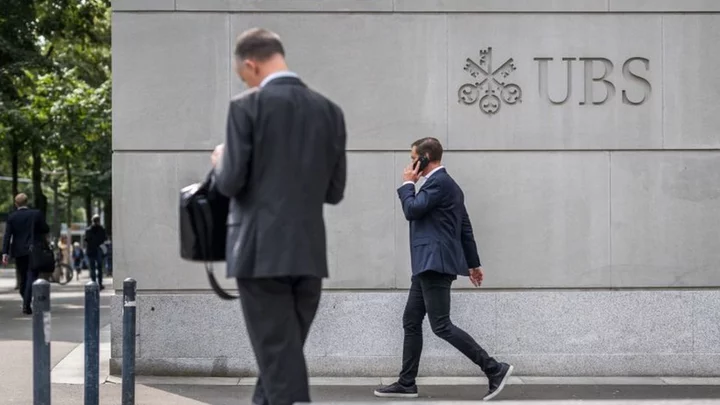
UBS to cut 3,000 jobs after Credit Suisse takeover
The Swiss bank reports bumper profits following the rescue of its rival but staff face redundancies.
2023-08-31 17:19

Irish fuel duty and hospitality taxes to increase
The increases, which come into effect from midnight, follow a number of temporary reductions.
2023-08-31 16:56
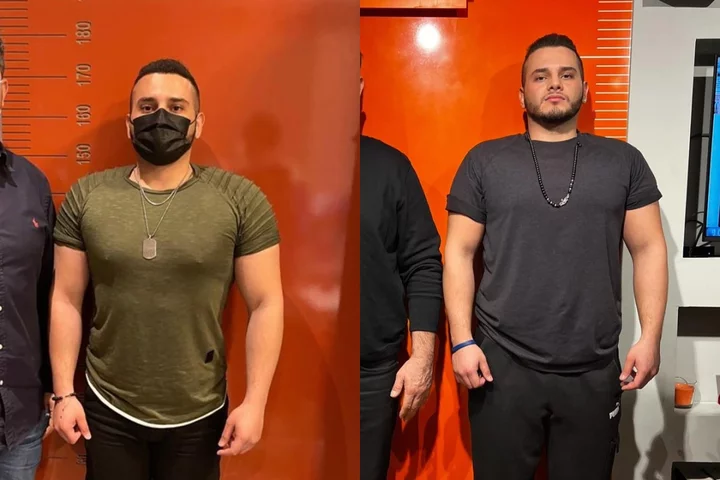
Man who lengthened his limbs by three inches feels ‘so much happier’
A Canadian man has had limb-lengthening surgery, costing £25,000, to increase his height from 5ft 7in to 5ft 10in as he was so insecure about his height it caused him to have “suicidal thoughts”, and claims he is now “so much happier” and “confident”. Daniel Farbod, 27, a civil engineer, from Toronto, Canada, has been self-conscious of his height “all (his) life” – when he stopped growing, at age 14, he said it felt “tragic” and like his “first stab to the heart.” Daniel always defined “being masculine” as being tall, and was “ashamed” of himself as he “didn’t feel like a man.” Over time, being taller was all Daniel could dream about, and claimed his height “impacted his mental health so badly” that he was having “suicidal thoughts”. After coming across the unique surgery online, he realised he was “willing to sacrifice time and money to get (his) life back.” So, in May 2021, he had his first procedure in a specialist clinic in Turkey, which involved breaking his femurs, hollowing out the bone, and putting a rod inside the bone with external fixators, pieces of steel on the outside of his legs. Daniel had to turn the fixators with an Allen key every day for over four months, and eventually had his second surgery to remove the fixators after his bones had successfully fused together. When Daniel recovered, he could not “put into words how happy (he) was” and “felt so much more confident”, now, he is sharing his journey on social media to inspire others who are insecure about their height. Daniel told PA Real Life: “I’m really proud of myself for having the surgery. “I was insecure all my life about my height, it impacted my mental health so badly. “I was suicidal, and after admitting that I wanted to take the steps to feel better, and have the surgery, I feel so much better. “I think for other people, it is important to know how tough the surgery and recovery is – it was the hardest thing I’ve ever done, but for me, it changed my life and made me grow not only literally but also metaphorically as a person.” Daniel, who has always been self-conscious about his height, stopped growing at age 14, and became obsessed with finding ways to become taller. He said: “I researched everything from socks and supplements that claimed to increase your height. “I was always insecure and worried about it – I used to go to orthopaedic doctors because I was so scared of not growing. “But when I got to age 14, I stopped and it was so depressing.” When it became clear to Daniel that he was unlikely to grow any more, it took a toll on his mental health and confidence. He explained: “It was so tragic for me, it was like my first stab to the heart. “All my dreams would be about being taller and I had to somehow accept that my height had peaked. “I tried to keep myself busy to manage my thoughts but in 2020 I just couldn’t handle it – I had all of these negative thoughts and suicidal thoughts because I think being masculine, and being a man, means to be tall. “I didn’t feel like a man, I was so ashamed.” Daniel felt as though having limb-lengthening surgery was the only way he was going to feel better, but his parents, who are both “on the shorter side”, did not approve of his decision to have cosmetic surgery. He said: “Everyone was really against the idea because they thought it was not natural and it was changing the way your body is meant to be. “I knew the surgery was going to be tough, but I thought even that pain would be better than having suicidal thoughts. “I was willing to sacrifice time and money to get my life back.” In May 2021, Daniel had his first surgery in a specialist clinic, Live Life Taller, in Turkey, which involved breaking both of his femurs, hollowing out the bone, and putting a rod inside the bone with external fixators – pieces of steel on the outside of his legs. He explained: “I was really scared when I got to the clinic, and the breaking of the bones was the part I was most nervous about in the whole process. “It was crazy to wake up after the surgery – the reality just hit me all at once and I was so happy.” His recovery involved being in a wheelchair and using an Allen key to turn a bolt on the fixators four times a day at 90 degrees to separate the bone segments a little at a time. Daniel continued to do this every day for four and a half months, saying of his painful recovery: “My skin was stretching, my muscles were growing, it was madness. “It took me even longer to recover, they usually say it will take three months, but, my I had nerve issues with my right leg and had to have it broken again. “It was a very tough time.” In September 2021, the external fixators were removed, he explained: “I used a walker and really really slowly I worked up to using crutches. “I couldn’t really tell how tall I was at that point. “It took me at least another three months to be able to stand up.” Mr Farbod went from 5 ft 7 to 5ft 10 and thinks his mental health has dramatically improved as a result. He said: “I couldn’t believe it. I had been dreaming of being a tall man since I was 10 years old, it’s all I’ve ever wanted. “I went through all these sleepless nights, trauma and upset, and I finally achieved my goal. “I can’t even put into words how happy I was, and still am – I felt so much more confident.” When Mr Farbod arrived home, his family were also very happy for him. He said: “They looked after me so much – I could barely get out of bed or bend down for a long time. “They could tell I was so much happier when I recovered.” Now, Daniel shares his journey on Instagram and YouTube to inspire others who are insecure about their height. He said: “I want to show people the reality of the surgery – it’s tough but I want to raise awareness and get men talking about their insecurities.” For support, contact the Samaritans on 116 123, email them at jo@samaritans.org, or visit samaritans.org to find your nearest branch. Read More Charity boss speaks out over ‘traumatic’ encounter with royal aide Ukraine war’s heaviest fight rages in east - follow live 10 slick ways to kit out your student digs 4 essential officecore trends to update your work wardrobe Sickle Cell Awareness Month: What is sickle cell disease and how do you know if you have it?
2023-08-31 16:52
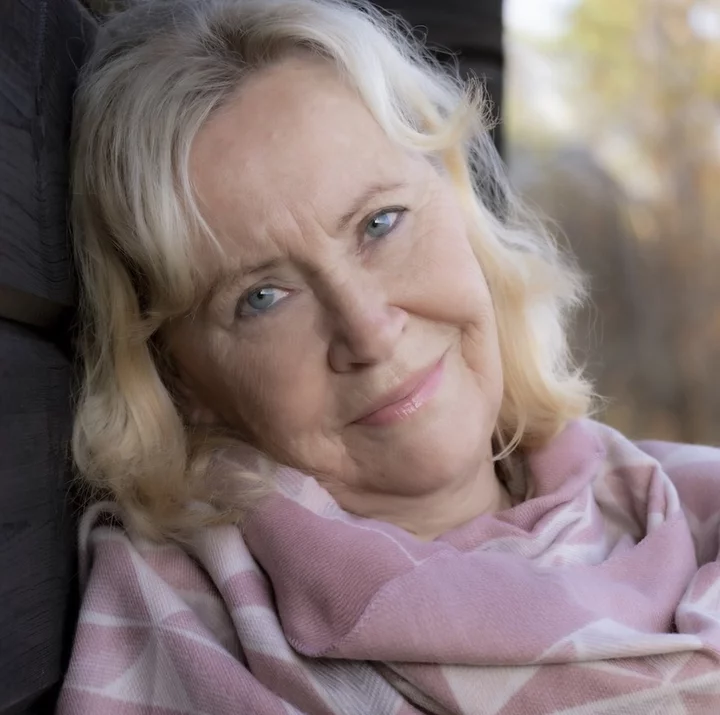
Abba's Agnetha Fältskog returns with solo song: 'I didn't know if I could do this'
In a rare interview, she discusses new music and the "strange" experience of watching her 3D avatar.
2023-08-31 15:51

52 dead in central Johannesburg apartment block fire
South African authorities say it is unclear what sparked the blaze at the five-storey building.
2023-08-31 14:20
